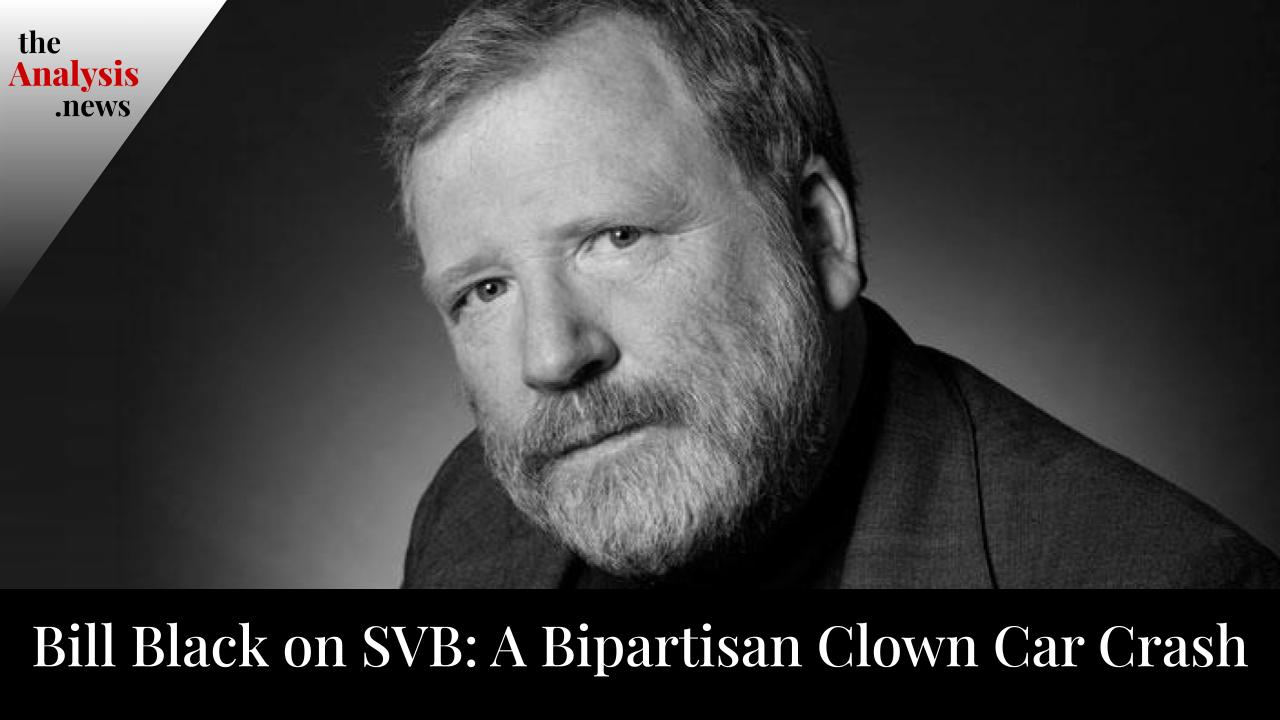Lexicus
Deity
I'm quite confident that you're saved, and you will be born againCut-throat margins at massive scale without needing to adequately price in risk are one of the principle tools of concentration of business. Prices efficiency of practice out of business in favor of exuberance and creativity in playing the rules.
Edit: It also re-brands "stability" as "inefficiency" by removing alternatives. When there is nowhere else to go, the business can slice out redundancy and surge capacity, think forumula shortages for everyone when one plant goes down. All the plants that aren't running 24/7 are already out of the game. Then if every store down the supply chain has been leaned to the point where there is relatively low/no held inventory, there's no "give" anywhere in the system the first time there is a hiccup. This shows up in banking, formula, all manner of things. Combating this is why I've long argued ethonol production has a purpose, and it's only secondarily fuel. It builds in a forced redundancy of supply to both food and fuel, especially food. Shortfalls cannot simply be grown in a week, or two, or twelve. There has to be a reason to have extra perishables on hand for when stuff blows up. It's exactly what government exists to force into the system. Seems banking needs to revisit the principle. Insurance too, for that matter. But those are my bugaboos.
Spoiler :
as a communist



